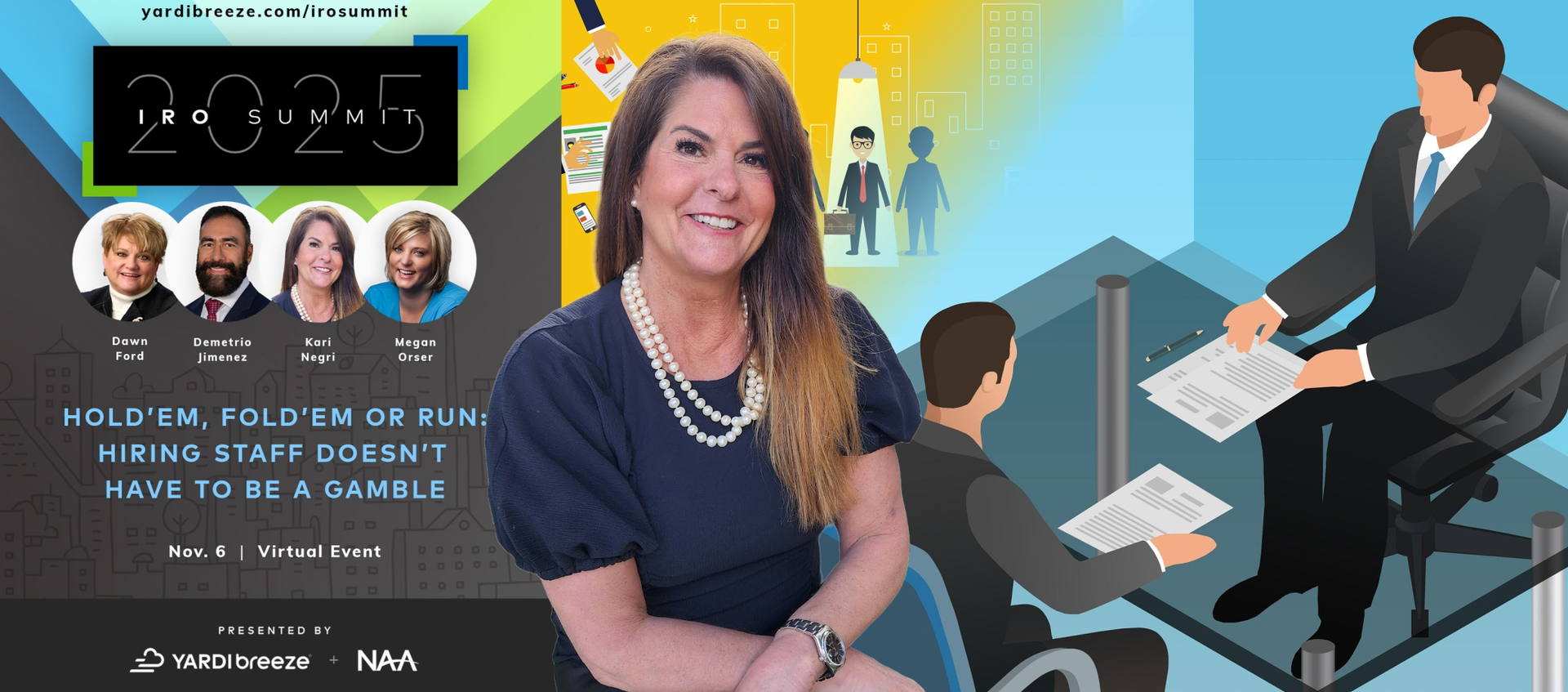Marketing Your Rental Property to Millennials Pt. 1
Who are the Millennials?

Millennials are what we call the people belonging to the generation born between 1981 and 1996. These millennials are now between the ages of 26 and 41 years old. They are also known as the “Net Generation” because they were raised during the Internet era and do not know any other life prior to the launching of the Internet. They can also be referred to as “Generation Me” because they feel like they deserve “it,” - and by "it", I mean a lot of my time.
A Brookings Institution study indicated that millennials comprised more than 1 in 3 adult Americans in the year 2020. That is a HUGE Portion of our population. Millennials are the last and largest generation born during the 20th Century. Today, around 25% to 27% of Los Angeles’ population is classified as Millennials. With more than 5 million people in the City of Los Angeles alone, this means more than 1 million Millennials are potential renters. There are 18 million people living in the Greater Los Angeles Region, so you do the math! That’s a lot of Millennials!
Raised during and in the aftermath of The Great Recession of 2008, Millennials tend to be more cautious and over-research most decisions, particularly housing choices. It is estimated that 46% of Millennials live with student loan debt equal to or on average $27,000. That means they will be renting for a far longer time than previous generations.
Millennials in the Information Age of Renting
Nearly 99% of Millennials use online platforms to search for housing while about 1% percent merely drove by a For Rent sign before going online to find out more information about a rental property. It has been estimated that 80% of renters start their home search online and typically visit up to four locations before making a housing decision.
They were born into a world where everything is online, and Millennials almost exclusively use internet platforms or mobile applications for home hunting before ever seeing the unit in person. Online resources such as Apartment Guide, Rent.com, Apartments.com, Zillow, Apartment List, Craigslist, RadPad, etc. are often utilized by Millennials to search for housing. As management companies and rental housing providers, we must utilize the internet as well as services that syndicate listings to many online rental sites to gain as much exposure as possible. A property website can be a great tool. Even Facebook has countless groups that are dedicated to helping fellow Millennials find apartments throughout the Greater Los Angeles Area. In listing a property, be creative with social media and expand your page with live walkthroughs of vacancies. If you are not getting enough page views for your property, you are losing revenue and this is not just limited to Millennials.
Images utilized online are important. Through listing photos, three-dimensional walkthroughs, and videos, Millennials can immerse themselves into a unit without leaving their chair. Professional photography is a must to stand out from the competition since high-quality photographs show that you value the image of your property. Using three-dimensional floor plans offered by several companies like Resident360 or 3DPlan is also a great addition to your listings. Whether videos are prepared by a professional or on your smartphone, walk-through videos are very helpful when leasing to renters that are from out of state. Again, these extra steps are a way to rent your vacant units faster and; therefore, gain income.
Neighborhood Information is Critical
Websites like Walk Score provide detailed information and statistics about given areas. Millennials often take a virtual walk-through of neighborhoods by using Google Maps Street View to preview their commute. Do not just let renters do all the work, add the Walk Score to your online advertising and add nearby businesses. As beneficial as Google Maps Street View can be, make sure it has a current image. If your neighborhood went through major gentrification and someone views an old map view, it might cost you a renter. Always be on the lookout for your Website presence!
Online Reviews
As they search for an apartment that interests them, Millennials often use websites like Yelp or Google to find honest reviews (good or bad) from their peers. Offer incentives to tenants to write reviews and increase the traffic on your Website pages, and again, always be on the lookout for your Website presence! A bad review, whether it is true or false, can make or break a potential lease - be sure to respond to reviews and attempt to overcome dishonest reviews. Having your in-house marketing team or seeking the help of a professional company may be the way to go.
Price Point
Many Millennials are experiencing financial hardships, which makes them more likely to rent for longer periods instead of looking to purchase homes right away. Growing up during and after the Great Recession, they grew into a restricted labor market, limited job prospects, and income opportunities, which adversely pushed back important financial decisions, including home-buying. Therefore, Millennials are more likely to compromise a budget for amenities and convenience. The must-haves are amenities that most enticed renters to move into a rental property include:
• $100.00 more for the same unit with a walk-in closet? (70% of renters surveyed)
• $75.00 more per month for an in-unit washer and dryer? (69% of renters surveyed)
• $50.00 more per month for a balcony? (53% of renters surveyed)
Neighborhood Location and Walkability
Millennials are always looking to live locally and conveniently, that is why so many are looking near neighborhoods that are convenient to grocery stores, public transportation, their jobs, employment opportunities, and local entertainment. Millennials appreciate apartment communities that utilize grocery services such as Instacart, Yummy.com, Milk and Eggs, Amazon Fresh, or local grocery delivery from neighboring stores like Vons. Consider giving a move-in gift by offering the first delivery free for new tenants (delivery only ranges from $5.00 to $20.00).
Transportation is Important
Many Millennials need to think of their outstanding student debt. And because of this they no longer purchase automobiles due to frugality. Convenient transportation has also now become popular, thanks to ride-sharing companies like Uber and Lyft. In addition to the ride-sharing companies, many communities offer options for automobile co-ownership companies such as Maven, Canvas, or ZipCar. You may attract several car-less renters who have not seen these transportation options living in other communities.
In Part I of this article, we covered some key aspects and background of the Millennial generation including how they conduct searches for housing and what they look for in choosing neighborhoods to live in, which for them is the old adage, “location, location, location". Coming soon in Part II, we will focus more on the characteristics and amenities being sought out by the Millennial generation. Stay tuned!
About the Author:
Kari Negri is the Chief Executive Officer of Sky Property Management and is a member of the Board of Directors of the Apartment Association of Greater Los Angeles. For questions, you can reach Kari at Kari@SKYprop.LA.
SKY Blog & Media






